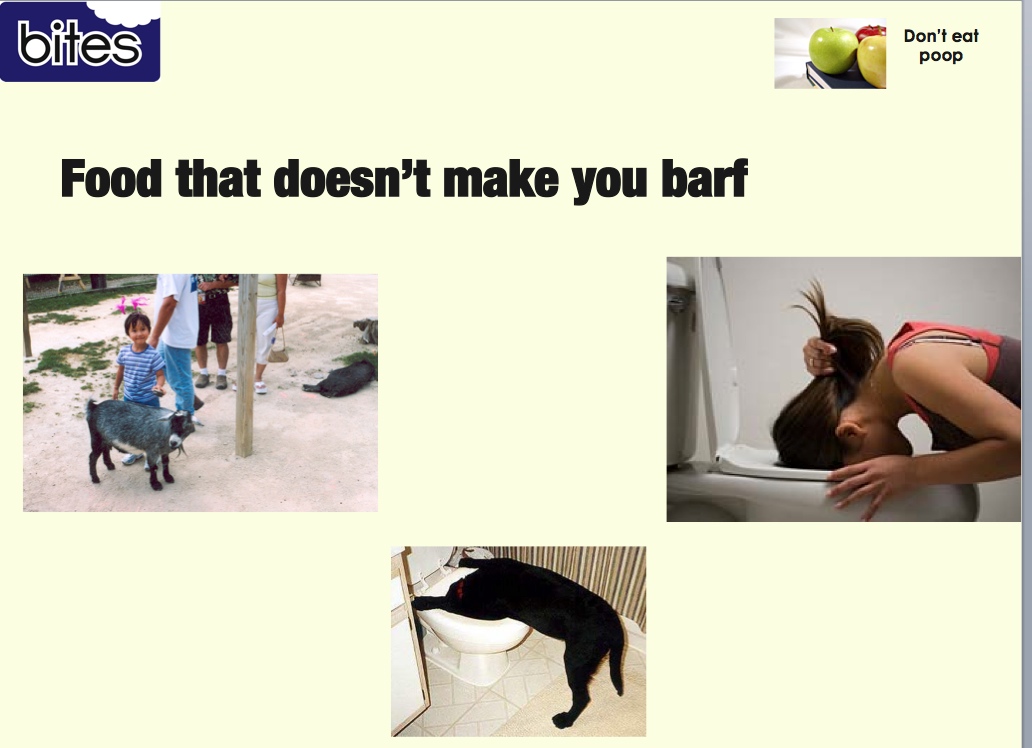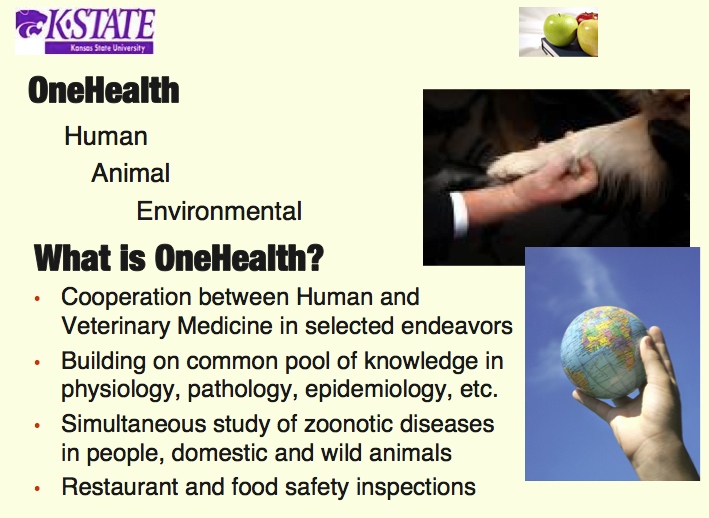Today or tomorrow, depending on your time zone, is the first ever celebration of the United Nations World Food Safety Day.
 I’ve never been a fan of any particular day, especially birthdays, anniversaries, Christmas and Easter, but I am a fan of changing seasons and the solstices.
I’ve never been a fan of any particular day, especially birthdays, anniversaries, Christmas and Easter, but I am a fan of changing seasons and the solstices.
Every day, every meal, is food safety for me.
I can be annoying to live with.
According to the World Health Organization, every year, nearly one in ten people in the world (an estimated 600 million people; it used to be 1-in-4, then it was 1-in-6, now I guess it’s 1-in-10) fall ill and 420,000 die after eating food contaminated by bacteria, viruses, parasites or chemical substances. Unsafe food also hinders development in many low- and middle-income economies, which lose around US$ 95 billion in productivity associated with illness, disability, and premature death suffered by workers.
World Food Safety Day 2019’s theme is that food safety is everyone’s business.
Yeah, but my kitchen isn’t a business, it’s a family.
Food safety contributes to food security, human health, economic prosperity, agriculture, market access, tourism and sustainable development.
It’s also supposed to be a place of social sharing, empathy and enjoyment.
Not barfing.
The UN has designated two of its agencies, the Food and Agriculture Organization (FAO) and the World Health Organization (WHO) to lead efforts in promoting food safety around the world.
FAO and WHO are joining forces to assist countries to prevent, manage and respond to risks along the food supply chain, working with food producers and vendors, regulatory authorities and civil society stakeholders, whether the food is domestically produced or imported.
“Whether you are a farmer, farm supplier, food processor, transporter, marketer or consumer, food safety is your business,” FAO Director-General José Graziano da Silva said. “There is no food security without food safety,” he said.
“Unsafe food kills an estimated 420,000 people every year. These deaths are entirely preventable,” said Dr Tedros Adhanom Ghebreyesus, WHO Director-General. “World Food Safety Day is a unique opportunity to raise awareness about the dangers of unsafe food with governments, producers, handlers and consumers. From farm to plate, we all have a role to play in making food safe.”

 The American Medical Association and the American Veterinary Medical Association have approved resolutions supporting ‘One Medicine’ or ‘One Health’ that bridge the two professions. Rudolf Virchow, the Father of Modern Pathology, and Sir William Osler, the Father of Modern Medicine, were outspoken advocates of the concept, which was re-articulated in the 1984 edition of Calvin Schwabe’s Veterinary Medicine and Human Health.
The American Medical Association and the American Veterinary Medical Association have approved resolutions supporting ‘One Medicine’ or ‘One Health’ that bridge the two professions. Rudolf Virchow, the Father of Modern Pathology, and Sir William Osler, the Father of Modern Medicine, were outspoken advocates of the concept, which was re-articulated in the 1984 edition of Calvin Schwabe’s Veterinary Medicine and Human Health. Drawing on the agency’s experience in past animal health emergencies, the One Health initiative aims to make a key contribution to the global response to disease outbreaks, implementation of effective prevention and containment strategies and management of risks of disease emergence, including improving knowledge of disease-emergence drivers in livestock production and in associated ecosystems.
Drawing on the agency’s experience in past animal health emergencies, the One Health initiative aims to make a key contribution to the global response to disease outbreaks, implementation of effective prevention and containment strategies and management of risks of disease emergence, including improving knowledge of disease-emergence drivers in livestock production and in associated ecosystems.